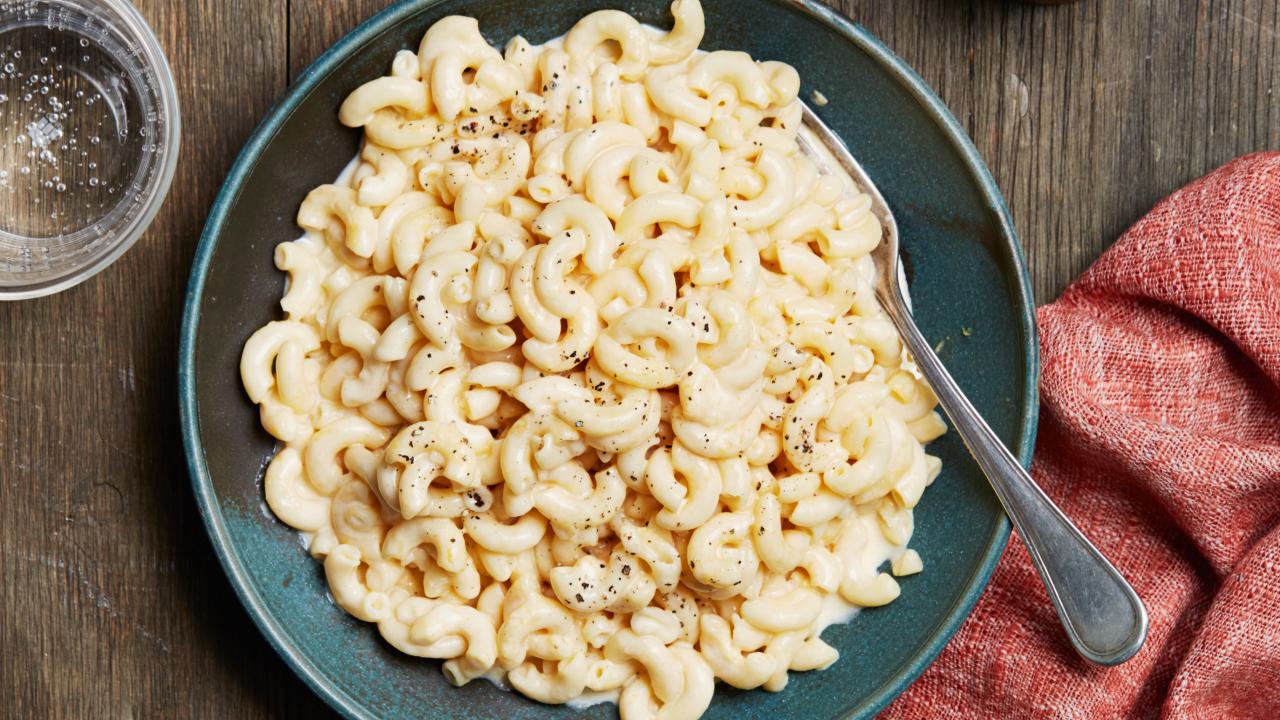
Macaroni is a beloved staple in many cuisines around the world. Whether it’s enjoyed as a comforting bowl of macaroni and cheese or added to soups and salads, this versatile pasta has won the hearts and appetites of people of all ages.
But besides its deliciousness, macaroni also packs a nutritional punch. In this article, we will delve into the 11 macaroni nutrition facts that will shed light on why it can be a healthy addition to your diet.
From its carbohydrate content and fiber to the various vitamins and minerals it offers, you’ll discover just how beneficial macaroni can be in providing energy, supporting digestion, and contributing to overall well-being.
So, if you’re curious about the nutritional value of macaroni and want to make informed choices about your diet, keep reading to learn more!
Key Takeaways:
- Macaroni is a great source of energy, fiber, and essential nutrients like iron and protein. It’s also low in fat and sodium, making it a healthy and versatile option for meals.
- Whether you like it hot or cold, macaroni is a budget-friendly and easy-to-prepare food that offers endless recipe possibilities. Plus, there are gluten-free options available for those with sensitivities.
High in Carbohydrates
Macaroni is a rich source of carbohydrates, providing you with a quick and efficient source of energy for your body.
Low in Fat
Macaroni is generally low in fat, making it a healthier choice compared to other pasta options that may be higher in saturated fats.
Good Source of Fiber
Macaroni is a good source of dietary fiber, which helps to promote healthy digestion and keep you feeling full for longer periods of time.
Contains Essential Vitamins and Minerals
Macaroni is fortified with essential vitamins and minerals like iron, riboflavin, and niacin, which are important for maintaining overall health.
Provides Protein
Macaroni contains a moderate amount of protein, which is essential for building and repairing tissues, and supporting various bodily functions.
Low in Sodium
Macaroni is a low-sodium food option, making it suitable for individuals who are watching their sodium intake for health reasons.
Versatile in Recipes
Macaroni can be used in a variety of recipes, from classic mac and cheese to hearty pasta salads, offering endless culinary possibilities.
Gluten-Free Options Available
For those with gluten sensitivities, there are gluten-free versions of macaroni available, made from alternative flours like rice or corn.
Easy to Prepare
Macaroni is quick and easy to prepare, making it a convenient meal option for busy individuals or those with limited cooking skills.
Can Be Enjoyed Hot or Cold
Macaroni can be enjoyed both hot and cold, making it a versatile choice that can be enjoyed as a comforting dish or a refreshing pasta salad.
Budget-Friendly
Macaroni is an affordable food option, allowing you to enjoy a delicious and satisfying meal without breaking the bank.
Conclusion
In conclusion, macaroni not only satisfies our taste buds, but it also offers a range of nutritional benefits. Whether you’re a pasta lover or someone looking for a nutritious meal option, macaroni is a versatile and healthy choice. With its low calorie, high fiber content, macaroni can aid in weight management and promote digestive health. It is also a good source of essential nutrients such as vitamins, minerals, and antioxidants. Additionally, macaroni can be easily incorporated into various recipes, making it a convenient option for a quick and healthy meal. So, next time you’re craving a delicious and nutritious dish, don’t hesitate to whip up some macaroni.
FAQs
1. Is macaroni a good source of protein?
Yes, while macaroni is not as high in protein compared to meat or legumes, it still contains a moderate amount of protein. In one cup of cooked macaroni, you can expect to find approximately 8 grams of protein.
2. Can macaroni be part of a low-carb diet?
Macaroni is made from wheat flour, which is a carbohydrate-rich ingredient. Therefore, it is not recommended for those following a strict low-carb diet. However, you can opt for whole grain or whole wheat macaroni, which contains more fiber and nutrients compared to regular macaroni.
3. Is macaroni gluten-free?
No, traditional macaroni is made from wheat flour and therefore contains gluten. However, there are gluten-free alternatives available in the market made from ingredients such as rice flour, corn flour, or quinoa flour.
4. Can macaroni help with weight loss?
Macaroni, particularly whole grain or whole wheat varieties, can be a good option for weight loss due to its high fiber content. Fiber helps to keep you feeling full for longer, aiding in appetite control. However, portion control and mindful eating are still key factors in weight loss.
5. Are there any health concerns associated with macaroni?
While macaroni itself is a healthy food choice, the way it is prepared and the sauces or toppings added can greatly impact its nutritional value. High-fat sauces or excessive cheese can increase the calorie and saturated fat content, which may not be ideal for those with certain health conditions. It is important to consider the overall balance and moderation in your macaroni dishes to maintain a healthy diet.
Was this page helpful?
Our commitment to delivering trustworthy and engaging content is at the heart of what we do. Each fact on our site is contributed by real users like you, bringing a wealth of diverse insights and information. To ensure the highest standards of accuracy and reliability, our dedicated editors meticulously review each submission. This process guarantees that the facts we share are not only fascinating but also credible. Trust in our commitment to quality and authenticity as you explore and learn with us.
